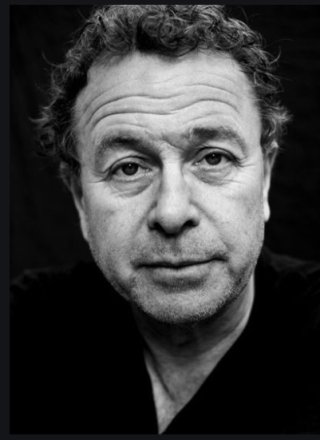
« EL NIÑO », Street Children in Mexico
Kent Klich
Magnum Photos
“I met Gustavo in 1986. He was just a little boy, seven years old, who lived at one of Padre Chinchachoma’s homes for street children in Mexico City. His fondest wish was to return to his father, brothers, and sisters. I traveled with him to Taxco. When we arrived at his family’s house, his sister opened the door, refused to let him in, and asked us to leave: no one wanted him there. Gustavo cried the whole way back on the bus.
How does one comfort a small child who has been thrown out by his own family? How does one explain that there is no place for him with his father, brothers, and sister, and that he must go back to the home for street children? I couldn’t understand how this could happen.
What kind of social and economic circumstances put parents in a situation where they don’t take care of their own children? And what happens to the children who grow up on the streets alone and without love?
Preview
During the following ten years, I regularly visited Mexico City. I got to know different gangs of street children. They received me with curiosity. In the beginning some were suspicious, but they came to accept me. Others became my friends, like El Gordo and El Muletas, who always helped each other. El Muletas couldn't walk without his crutches and because they were often stolen, El Gordo would carry El Muletas for days until they got hold of a new pair. Manuel was the leader of a gang; he made everyone do what he wanted. They murdered a man for almost nothing.
Manuel was intelligent and knew how to manipulate the other children. He was a father-figure. El Pelón slowly withdrew into himself. He stopped laughing, playing, and fighting, stopped working together with the other children. He slept outside the shed. He neither hugged the dogs nor fought with them; instead, he walked alone from house to house and begged for food and clothing. One day he didn't come back. Juán Junior helped El Shaggi, who had AIDS, through his last days. El Guero and El Flaco left the streets for the homes of Padre Chinchachoma and began school. Martha had three small children. When she sniffed thinner, she became violent and tried to stick a knife in any man standing close to her. El Chiquilín lived on the streets because his stepfather beat him. When the stepfather went to jail, he returned home to his mother.
Mimí became pregnant in jail, gave birth at a hospital, and a couple of days later left the ward with her newborn son in her arms. The younger children gave her food and helped her look after the baby. The baby was never given a name. The others in the gang called him El Niño: The Child.
It was the simplest name they could think of. This book is dedicated to El Niño and to all the other children whom I have met on the streets."
Kent Klich
This exhibition has been produced with the support of FNAC galleries. Photographs by Kent Klich can be seen at the Fnac bookstore in the Forum des Halles (Paris), from January 11 to March 4, 2000.
